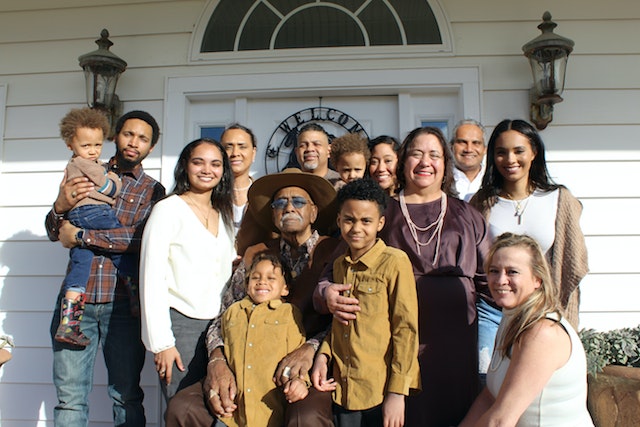Grant boosts outreach and education to immigrant families
The USF College of Public Health’s Florida Covering Kids and Families program recently received a $5,000 grant from the national Protecting Immigrant Families (PIF) campaign.
PIF comprises hundreds of different organizations and is anchored by the National Immigration Law Center and the Center for Law and Social Policy (CLASP). It partners with community advocates, coalitions, public and private officials, health care service providers and the media to provide education and outreach to immigrant families.
According to Jodi Ray, program director of Florida Covering Kids and Families, an initiative that works to ensure all Florida families have access to affordable health care coverage, the grant money will be used for a variety of endeavors, including:
- Creating education materials in three different languages regarding the Biden administration’s changes to “public charge” regulations.
- Public charge is an immigration law term that describes a person who is primarily dependent on the government for support.
- Currently, public charge status does not affect things like nutrition and housing assistance programs (SNAP, WIC, Section 8 public housing), community-based services like food banks and emergency-relief assistance, such as COVID-19 related testing, treatment, vaccines and economic impact payments.
- Conducting vaccine outreach to low-wage immigrant and undocumented workers.
- Conducting workshops on ID-related issues and how they impact access to services.
- Providing information and outreach regarding economic-relief programs.
“There have been a lot of challenges for immigrants, including those who are lawfully residing here, to access the benefits they’re entitled to and are eligible for,” Ray said. “There’s a lot of fear [among immigrants] about the public charge rules, and there’s a tendency for some people to not access health care or apply for coverage. What we’re doing is getting information out to people to let them know there are resources available to them regardless of their immigration status. For example, they’re eligible for the COVID vaccine and for COVID treatment. A lot of people don’t know that. They’re not getting this information from the insurance companies.”

Getting the word out won’t be an easy task, but Ray says having ground troops out in the community already advocating for immigrants and their rights will help.
“Our focus has been on enrollment and outreach work, and now we’re expanding into COVID-19 education,” Ray said. “We’re getting out there talking about the safety of the COVID vaccines and encouraging people to get one. A lot won’t seek care, even if they need it, because they’re afraid it will create a financial burden for the family. We’re working to break down the fear and distrust.”
Story by Donna Campisano, USF College of Public Health

